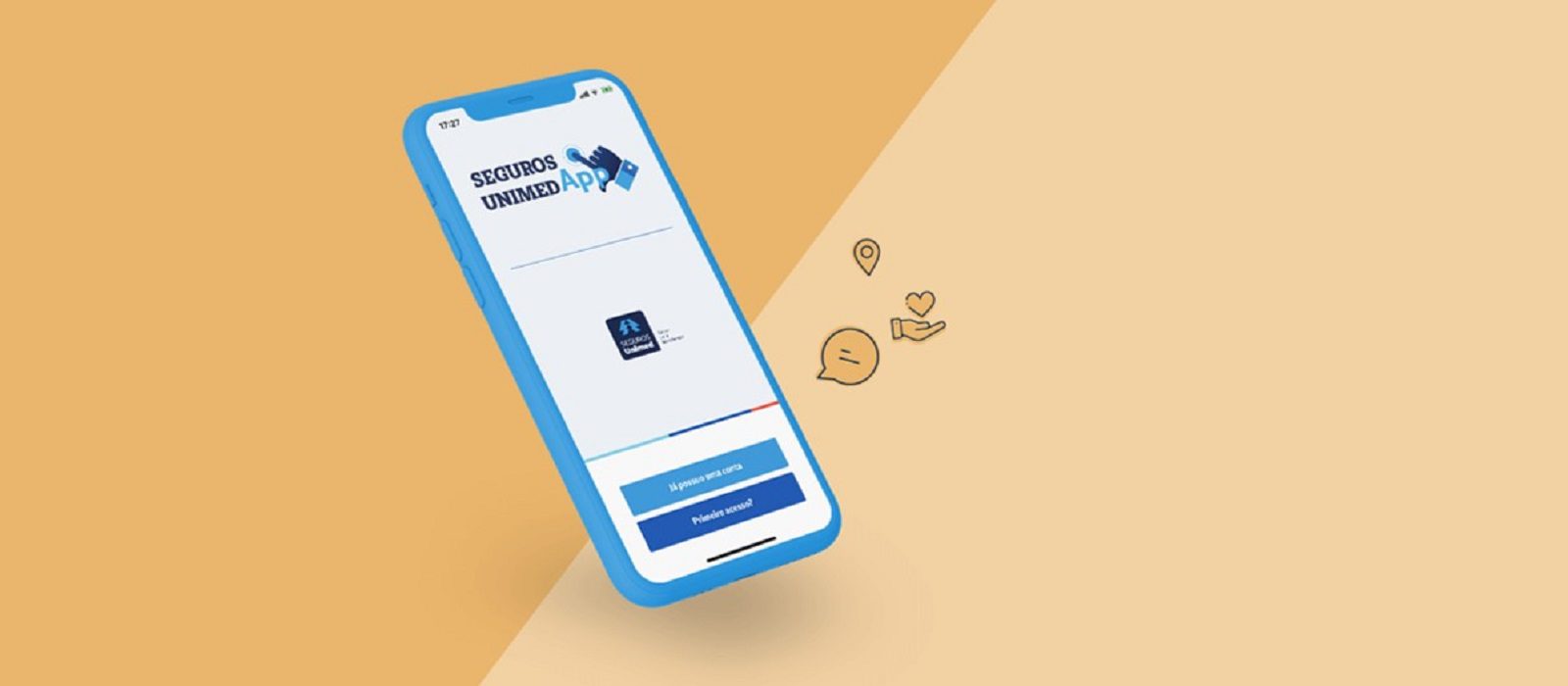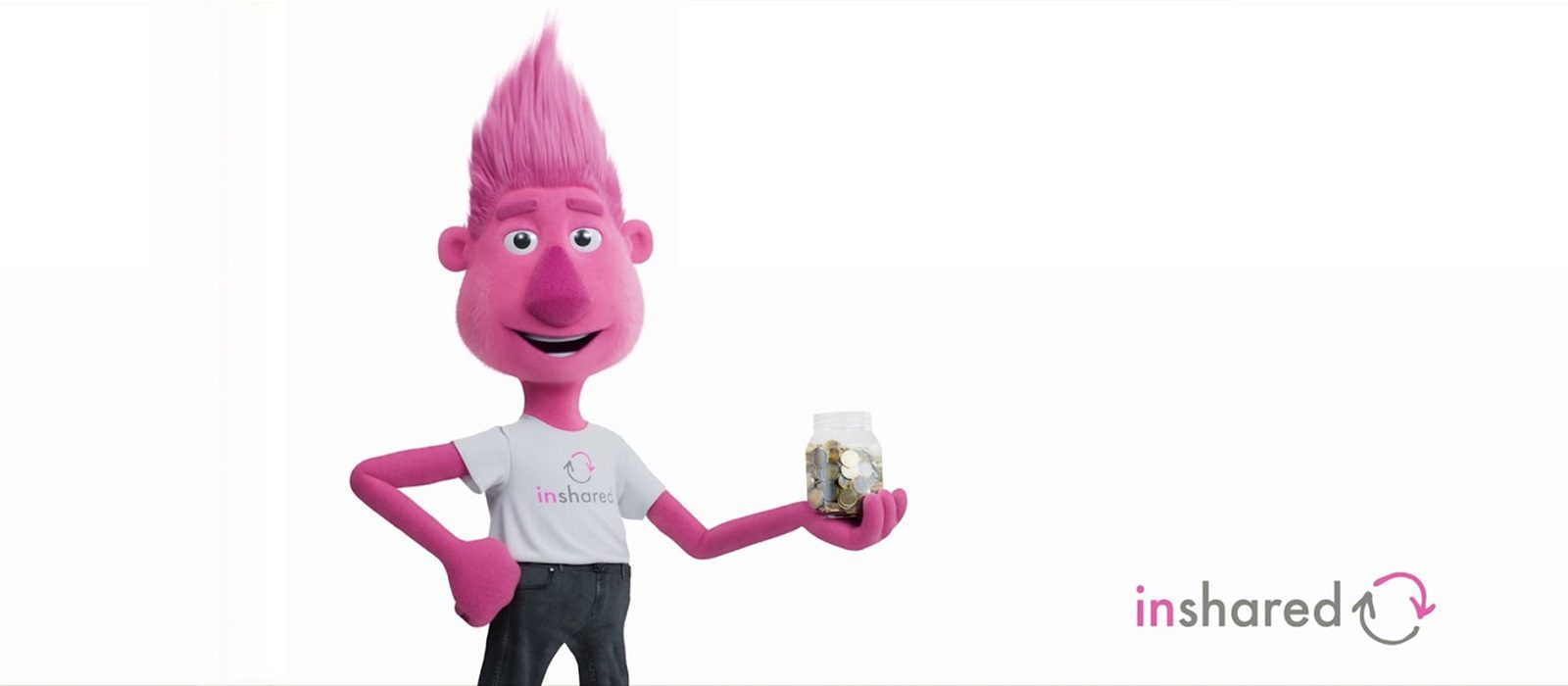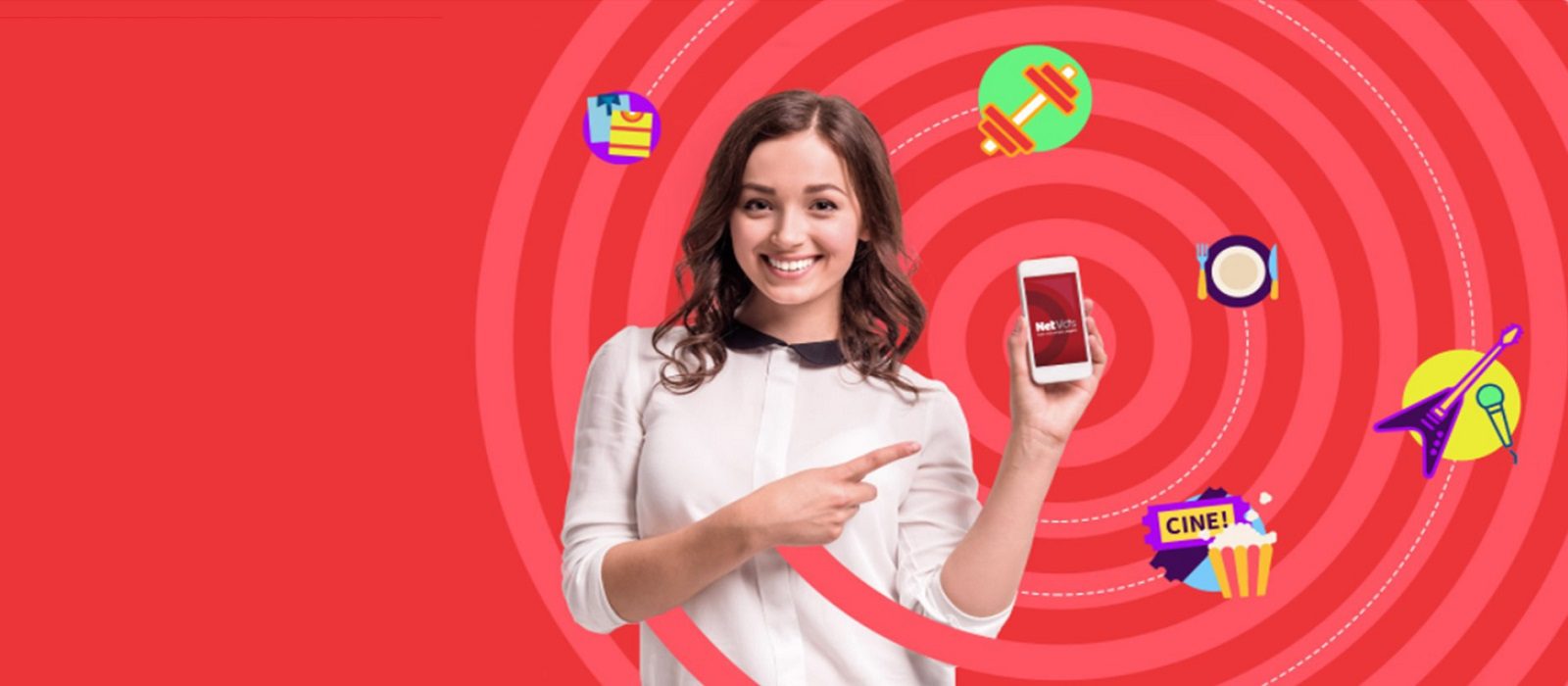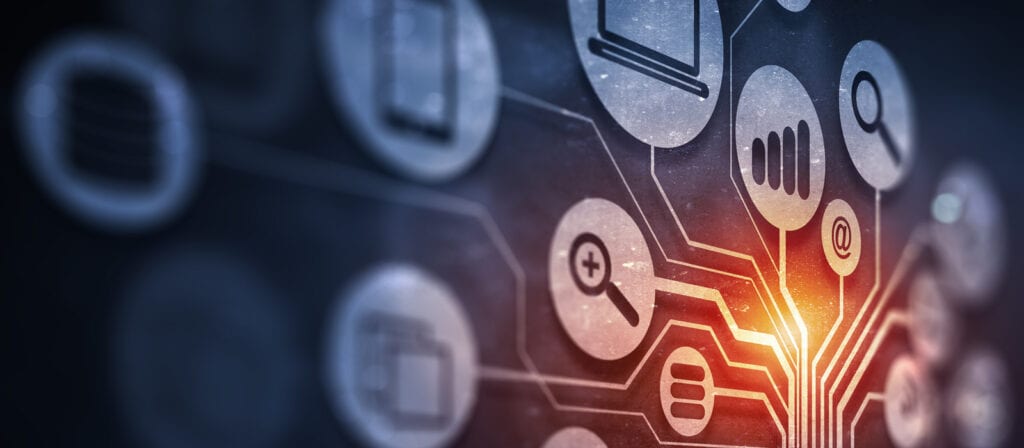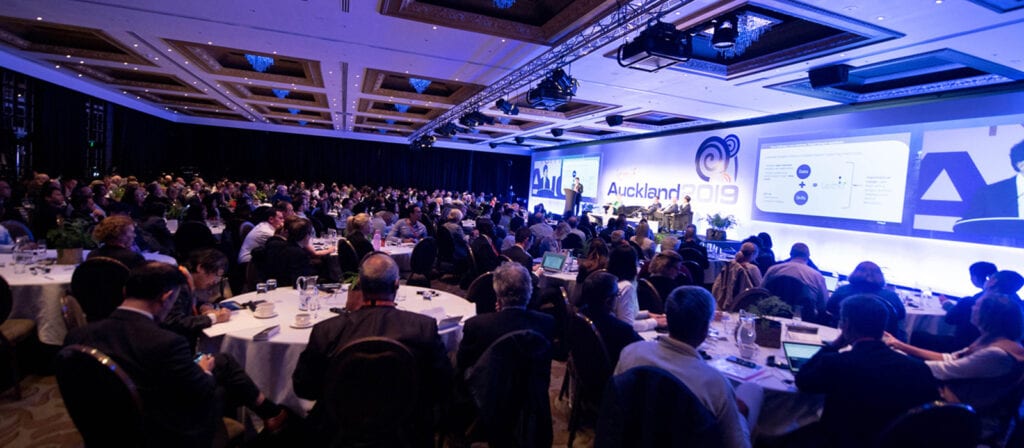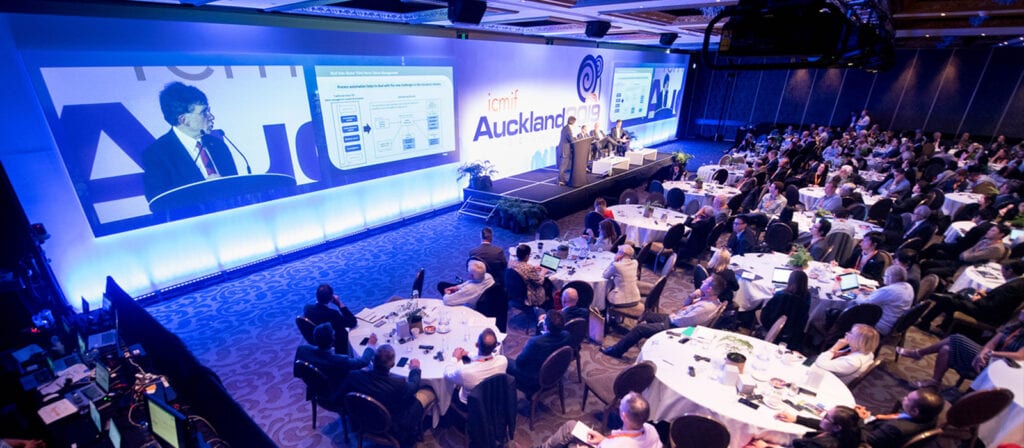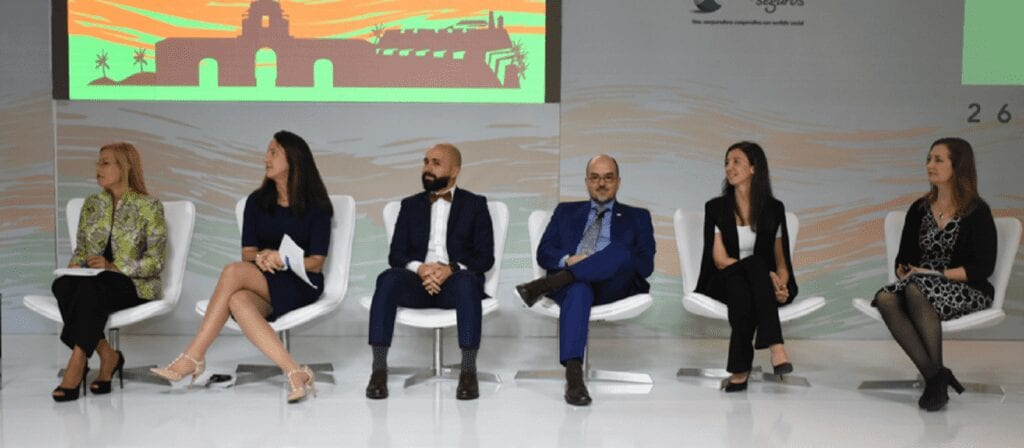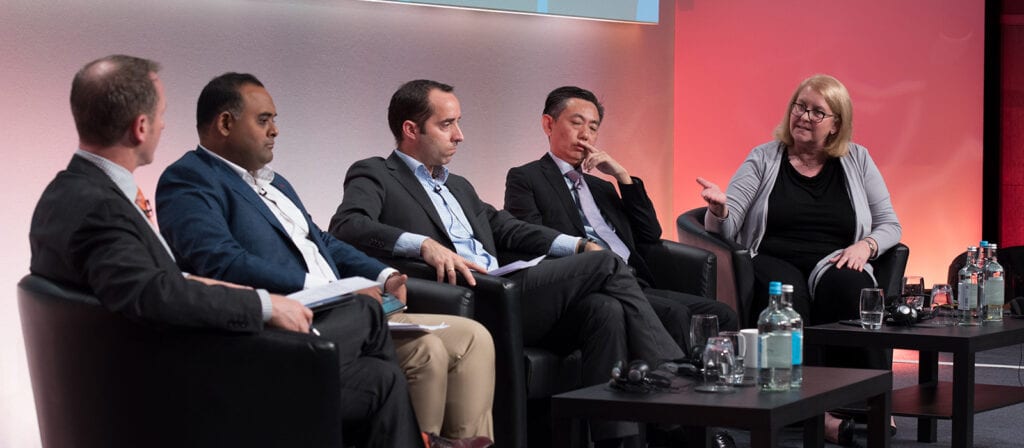At the height of the global pandemic Seguros Unimed (Brazil) the largest cooperative health system in the world, launched its SuperApp. The app is an integrated platform where customers can find everything in one place. Users can register on the app using their social security code and have access to personalised, customised solutions available on their phone. The platform also has a series of free services that can be used such as health promotion and education for health.
Unimed markets and distributes individual insurance policies through the app, as well as inviting other cooperatives to use it, creating a digital cooperative platform. Every cooperative has its own settings, customers and doctors and some coops are already integrating their own medical record systems. Client locations are identified using GPS and AI algorithms are used to offer solutions specific to them.
There are already 5.7million people using the SuperApp since it launched in 2020 and it is expected this will have increased to 6 million by the end of 2021. To date, the app is only available in Brazil, but the goal is that the technology will be made available globally for all coops and mutuals who are interested in using such a solution. It is even possible for coops to contribute to innovative solutions through the app and there are hopes that the app will become a hub in the future.
Following the financial crisis in 2008, there was a lack of trust in insurance and a need for transparency. Achmea, the largest cooperative insurance company in the Netherlands, wanted to create something new that was fair, easy and available to customers through their mobile. In 2009, it launched the InShared initiative, an end-to-end, fully digital insurance company from scratch, using open-source tooling. The company’s IT-platform is fully designed around online service, from policy management to claims settlement. InShared is “the lemonade before Lemonade”.
Customers wanted a fair solution and this was a primary goal for InShared. It created a ‘We All Benefit’ model. By making everything digital and letting customers do most things themselves, InShared need less staff and can keep costs low. This allows InShared to reserve 20% of premiums to cover their operating costs while 80% of premiums go to claims. If not all of that 80% is used, the remainder is returned to customers – directly into their bank accounts – annually. The ‘We All Benefit’ soundbite has become well known in the Netherlands thanks to TV commercials, as this annual reward is a big part of the ‘We All Benefit’ slogan.
Simple and easy to understand products and communications are key to the business model. It provides 12 types of retail insurance products including car, home and pet insurance, which can be purchased entirely through the self-service app or desktop. InShared has found that if it explains well online, customers can do it themselves and do not need to contact them via the phone. The company is 97% self-service and uses AI technology to cover any questions customers could ask. Customers with questions can use a chatbot and can only call if they are making a claim. This allows InShared to have a low cost rate: 16.5% compared to 20-25% on average for the Dutch market. This, in turn, leads to lower premiums for its customer base. InShared are among the top three Dutch insurers for price and products.
Ecommerce in Argentina is taking giant steps forward, up 124% in 2020 from 2019. Surveys show that customers want more contact points, faster processing and payment of claims and interaction beyond simply buying insurance and paying premiums. In response, Grupo Asegurador La Segunda (Argentina) created a new model for the solutions requested by customers, replacing the 4 Ps (promotion, publicity, price and place) with a customer-centric solution, SIVA (solution, information, value, accessibility).
One example is the automation of windscreen replacement. La Segunda have collaborated with Pilkington, one of the main global providers for windscreens to automate the claims and booking process for windscreen replacement. Customers can claim on the mobile app and will receive a call within two hours directing them to where their windscreen will be replaced. The NPS score for windscreen replacement is 78.9, higher than other cases which are not fully automated such as breakdown (65.6) and business (68.4) claims, which take longer to process.
A second example of innovation is a benefit programme which allows business customers to give benefits and discounts to other customers through the mobile app. La Segunda developed this benefit programme by listening to recommendations from their business customers. It is a way to give benefits to individual customers whilst networking; building relationships and loyalty and also as a way of bringing in new customers. It yields real tangible benefits to individuals thanks to insurance dealers, all though a mobile app. The app is new – only four months old as of November 2021 – but it is already available at over 3,000 locations, through 2,000 dealers and used by over 30,000 customers.
Session speakers:
- Fabio Gastal, Director – New Business, Seguros Unimed (Brazil)
- Ronald Willemsen, Director, InShared International, Achmea (Netherlands)
- Martin Faicht, Head of Marketing and Communications, Grupo Asegurador La Segunda (Argentina)
- Lisa Gardi, Account Executive, Shelter Re (USA) moderator
